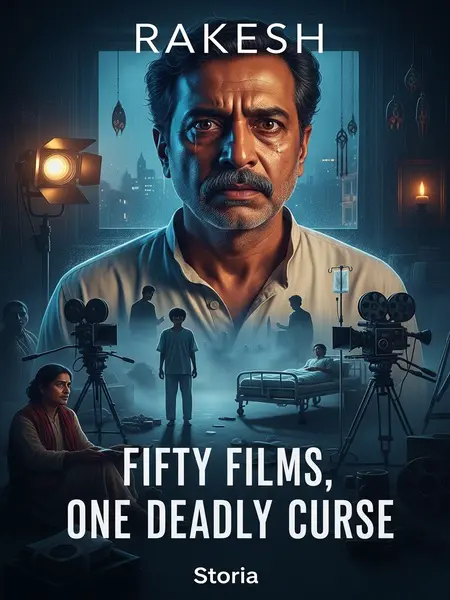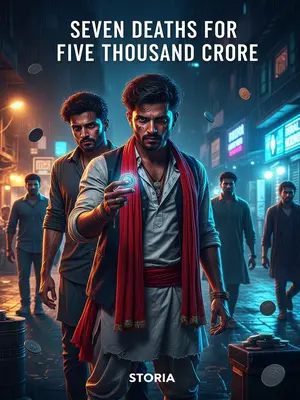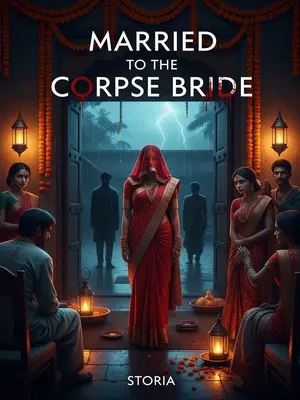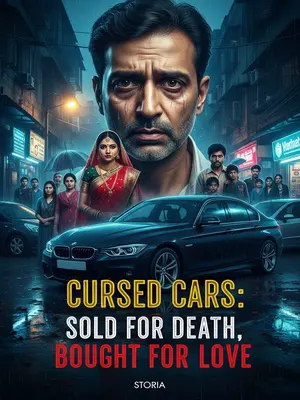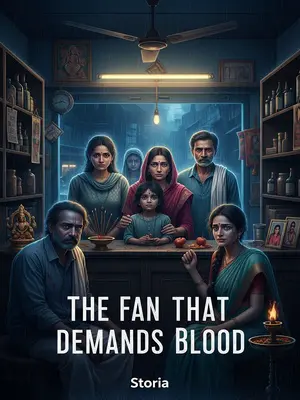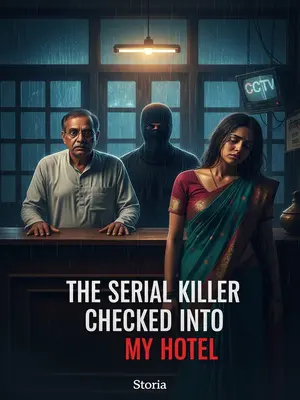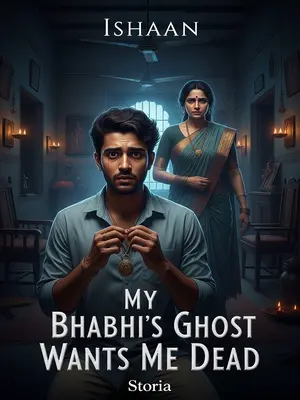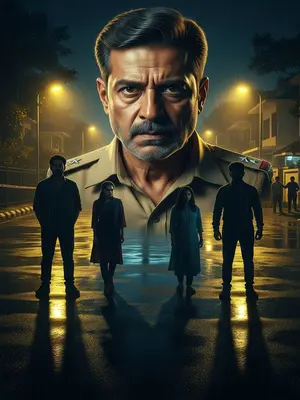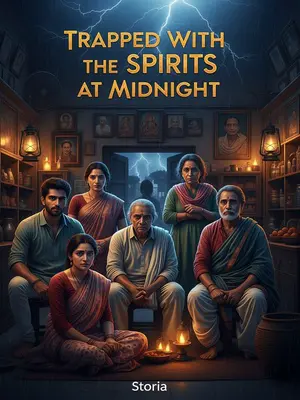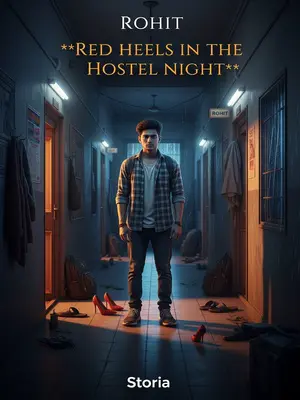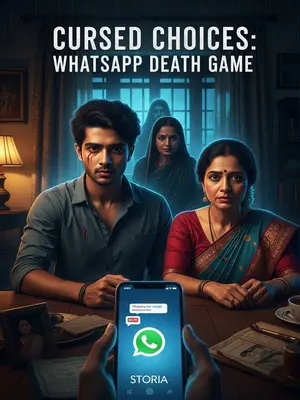Chapter 2: Guddu Bhai’s Offer
The producer called himself Guddu Bhai. He didn’t hide his plan—he wanted to use my breaking of the '49-film rule' as a masala publicity stunt to fill his pockets. With a sly grin and a spark in his eye, he said, “Arrey, Rakesh bhai, agar kuch ho bhi gaya na, toh picture aur bhi dhamaka karegi! Tension mat le, paisa seedha tumhare parivaar ko jaayega, meri kasam.”
He spoke like a true Bombayya—half teasing, half sentimental, leg jiggling and toothpick dancing between his lips. Bombay producers mix business and emotion, but Guddu Bhai had a way of looking at you like he was already counting your funeral garlands.
By then, I’d borrowed from everyone. People started ducking my calls. The hospital called—donor in coma, surgery urgent. I had to pay up, or Aarav would lose his chance.
Doctors stayed polite, but there was a chill behind their words. One nurse muttered, “Pata nahi, sab paise ka khel hai yeh.” I left, head heavy with shame. Relatives who used to call every day now vanished. Even the chaiwala outside the hospital turned his face away when I passed.
For Aarav, I’d have sold my own organs. I signed the contract. The money landed instantly. Ten lakhs in my account—a flood of relief and dread. The cost? Maybe my own life.
Ten lakhs for a middle-class man is both a balm and a curse—like someone pouring cold water on a burn, but also leaving a snake in your bed. I couldn’t sleep, clutching my phone and staring at the SMS.
People think acting is just lines and makeup. But the props, the rituals, the pujas—they test the thin wall between the living and the dead. One wrong step, and you could anger a spirit or a god.
Old-timers warn: never joke at the opening puja, never break a coconut, never look in the mirror in ghost makeup before dawn. Once, a young heroine laughed during the havan—broke her foot that evening. The line between reel and real is so thin, you’d be a fool to test it.
Before every film, we did a strict 'chaar dishaon ki puja'—to greet the spirits from all sides and pray for a safe shoot. After twenty years, I’d seen things no logic could explain. Maybe it was my strong fate, maybe luck, but I’d always scraped through.
My nani always said, “Beta, you were born on a Tuesday, Mangal ka baccha. Kuch nahi hoga tujhe, bas vishwas rakh.” Maybe that’s why, even when accidents came close, I survived, though never untouched. My mother still ties a thread to our door for protection.
Before joining this crew, I visited my guru—the one who’d read my kundali and launched me in horror films. He’d said: 'Only 49, beta. After that, danger.'
His room still smelled of agarbatti, old film posters peeling from the walls, with Kashi Vishwanath watching from above his desk. Even now, his presence was heavier than a priest’s at a funeral. He called me in, made me sit on the charpai, and stared—silent as thunder before the rain.
When I told him about the 50th film, he just listened. No scolding—he looked like he’d been waiting for this day. He pulled out a small box from his cupboard and pressed it into my hands.
“Take this. It can protect you from one disaster.”
He placed it in my palm with both hands, like a blessing and a warning. My throat tightened. Even after all these years, his faith was stronger than mine.
